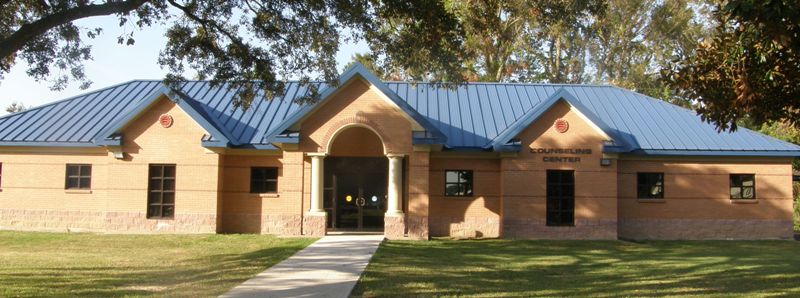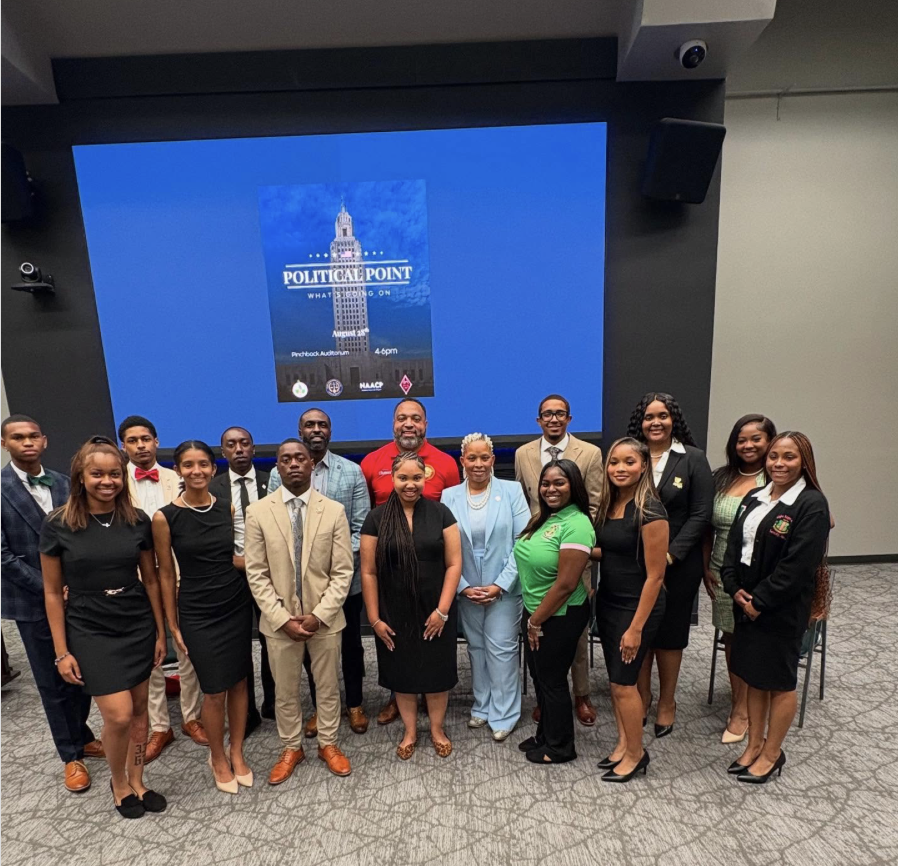On the 25th of January, the Secretary of State; John Kerry and President Goodluck Jonathan met in Nigeria to discuss the fight against Boko Haram in Maiduguri, Nigeria.
What pundits have described as Boko Haram’s ultimate challenge to the Nigerian state occurred on Monday, August 25, 2014. It was on that day that Abu-Bakr Shekau, leader of the dreaded sect, declared that Gwoza land in Borno State had become a caliphate under his brand of Islam.
The declaration was made hours after his men sacked the Nigerian Army command from the area, occupied the land, and hoisted their flag. Announcing the establishment of the Caliphate, the sect leader said the area no longer had anything to do with Nigeria and its laws, reminiscence of the planned excision of some parts of North Eastern Nigeria during the attempted coup d’état by Col. Gideon Okar in 1990.
Maiduguri, the major city in Nigeria’s northeast, came under sustained attack from Boko Haram terrorists on Sunday, and officials here called it the group’s most audacious assault on the city to date. By early afternoon, the attackers had been beaten back, but not before dozens of soldiers had been killed, officials said. They said the insurgents had taken a major military base to the north of the city, sending about 1,400 soldiers fleeing into the bush. The attack on this city of more than two million people, a commercial and administrative hub, began late Saturday when the militants from the Islamist insurgency rushed in from at least two directions. Loud explosions could be heard in the center of the city, as well as small-arms fire and artillery in its suburbs. The attack was a significant thrust forward in a creeping campaign that began last summer to encircle Maiduguri, officials said. “Certainly this is the most serious attack yet,” said Kashim Shettima, the governor of Borno State, of which Maiduguri is the capital. “We faced a really existential threat.” A military curfew pushed all civilian vehicles off the streets, and by early evening the only sound in Maiduguri, a normally bustling metropolis of open-air markets and street-side stalls, was the call to prayer from the numerous mosques. Before being repulsed, the insurgents again demonstrated the tactical mettle that has allowed them to gain control of territory for hundreds of miles around Maiduguri. They overwhelmed soldiers at one of the principal military checkpoints outside the city, arriving in buses as if they were ordinary travelers, the soldiers were completely caught off guard.
Before the soldiers realized who they were, the Boko Haram insurgents opened fire. “I believe they must have killed hundreds,” Mr. Shettima said as he tried to give an estimate of the military casualties. At the same time, the Islamists were attacking another position close to the city, straining the military’s resources in the area. “They are becoming more and more sophisticated by the day,” added Mr. Shettima, who said he feared another attack on the city. They have essentially put the town under siege. They have cut the town off from all routes. They are continuously squeezing the citizens into a very tight corner.”
After the insurgents overwhelmed the soldiers, they moved to a checkpoint closer to the city. The military then called in warplanes, and officials said that the bombs dropped on insurgent positions turned the tide of the battle here, even as a town to the north, Monguno, was falling.
A top federal police official, who was in Maiduguri after a presidential visit and asked not to be identified so that he could speak freely, said: “In the early hours of the day, the Boko Haram wanted to come into town. But by the grace of God, they were repelled.
Amid mounting friction between the two countries over how best to fight Boko Haram — the relationship is so strained that the Nigerians canceled an American military training program in December — Mr. Kerry said the United States was prepared to do more to help the faltering Nigerian military. A non-stated reason why the Americans withdrew was because Nigeria refused to approve the legalizing gay law which was supposed to serve as a foundation for the countries developing a stronger tide. Mr. Kerry warned that the level of American support would also be influenced by the determination of Nigeria’s politicians to carry out a fair and peaceful election on Feb. 14, 2015. American officials also fear that the Nigerian military has been infiltrated by Boko Haram, a claim angrily denied by the Nigerians.
“Bottom line, we want to do more,” Mr. Kerry said Sunday. “But our ability to do more will depend to some degree on the full measure of credibility, accountability, transparency and peacefulness of this election.” His pointed warning came against a backdrop of campaign violence by supporters of the candidates and a history of electoral fraud and postelection killing.
Categories:
Islamist militants attack a major nigerian city
February 4, 2015
0
More to Discover





